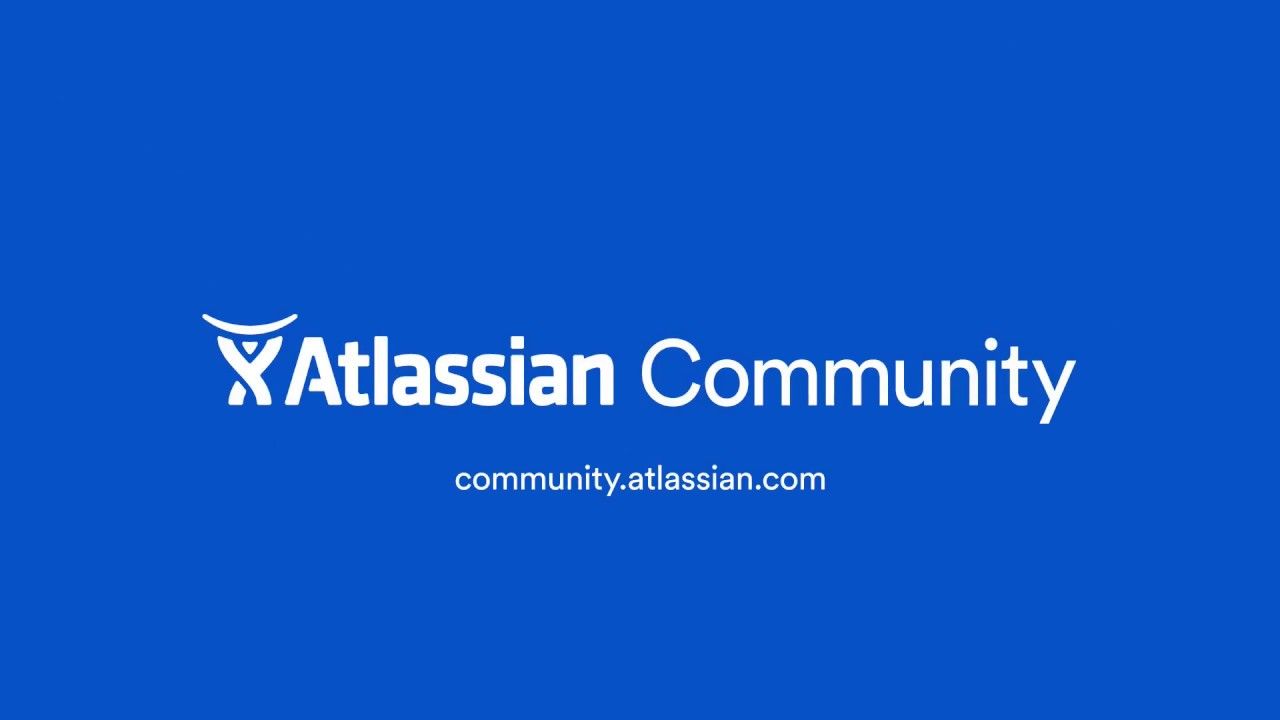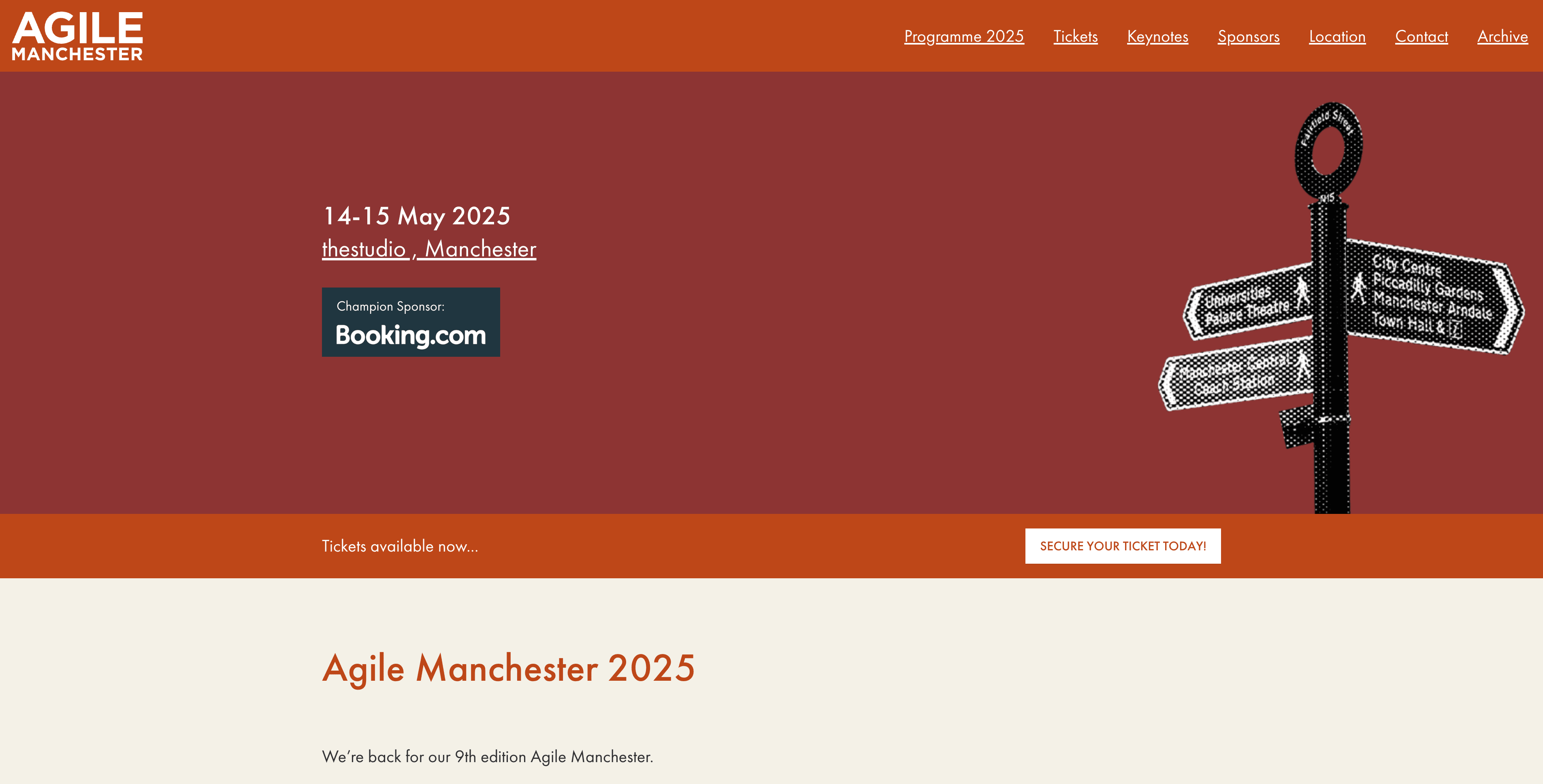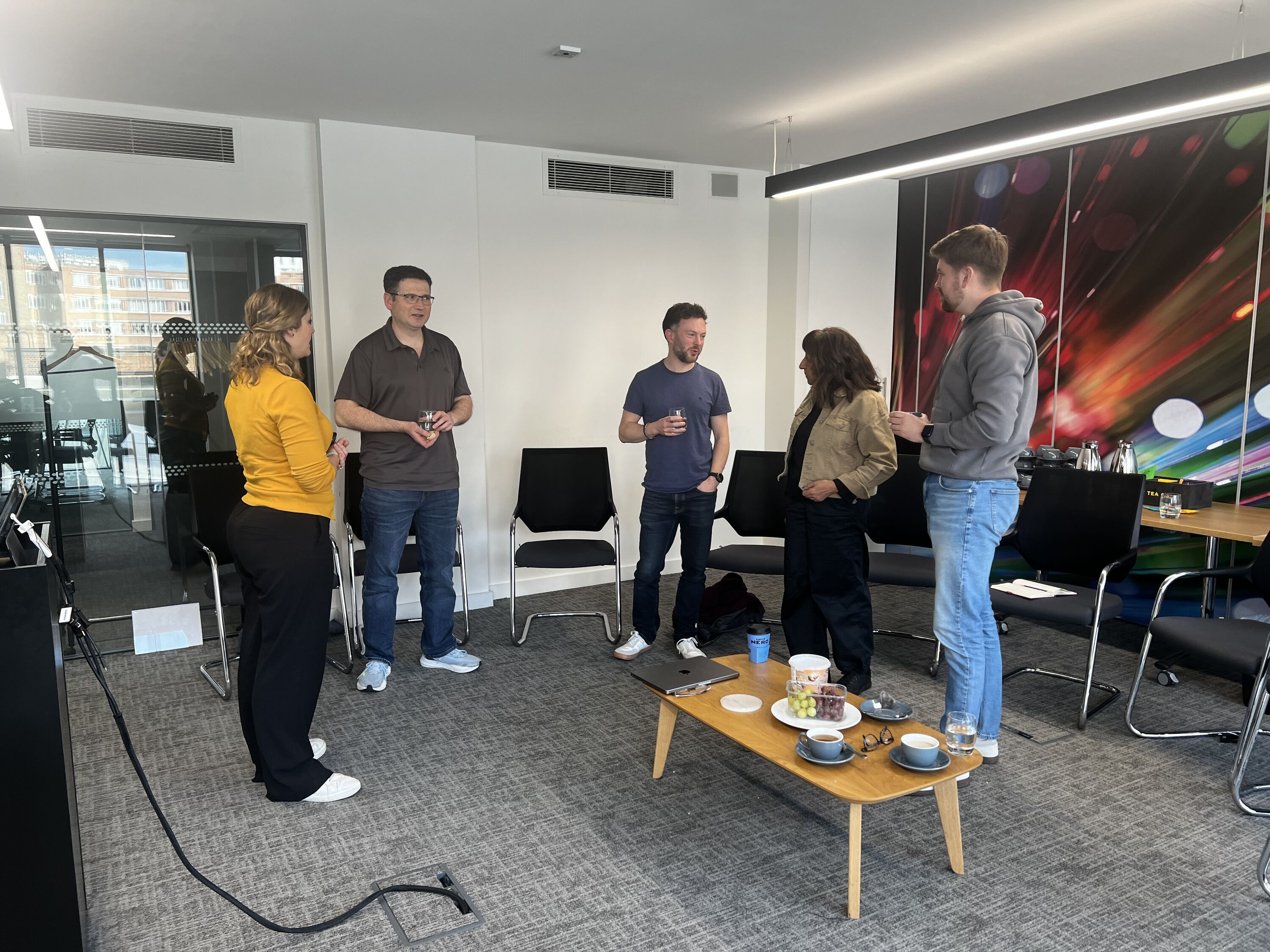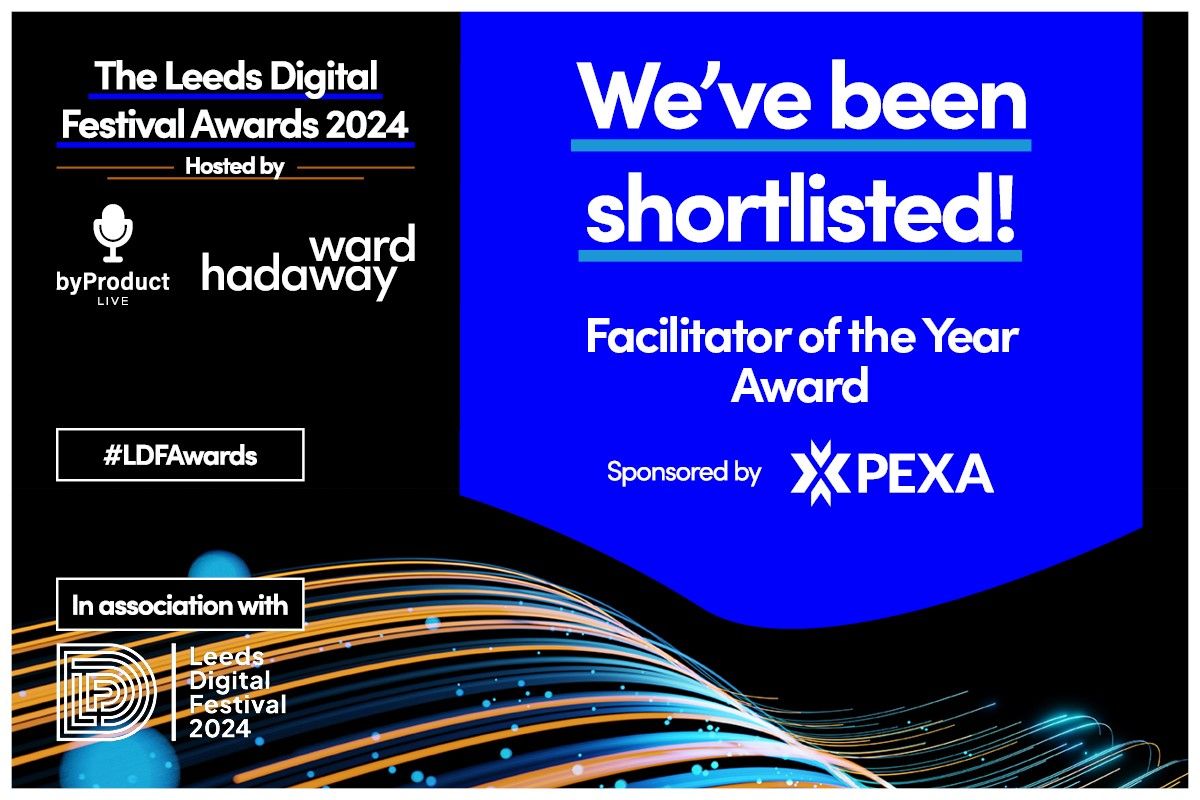#BeyondProjects - Project Management gives way to Investment Themes and Beyond
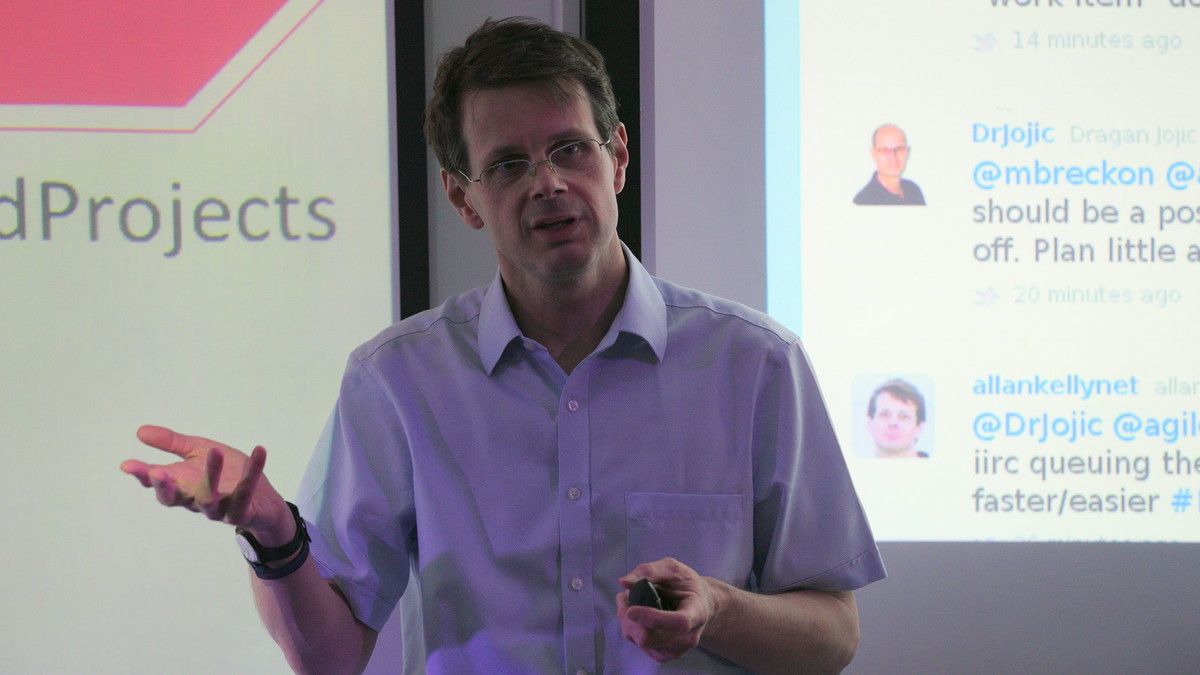
#BeyondProjects - Project Management gives way to Investment Themes and Beyond
The February meet up was organised as an evening themed by the #BeyondProjects hash tag with Allan Kelly who has championed the Twitter conversation and Paul McCormick, the SkyBet head of technology, who came to explain how their projects are being replaced by investment themes as a way to control and allocate their product development spend.
Many months ago Allan Kelly started his twitter campaign using the #NoProjects hash tag but was persuaded to switch to #BeyondProjects as something slightly less absolute as well as following in the footsteps of the #BeyondBudgeting movement. Alan himself is every bit as passionate about the need for absolute change however, and this came accross in both his reasoning and animated presentation. Being able to look past project metrics or agile dogma and focus on what it is that has commercial advantage brought Allan's focus onto delivered value. In a 2008 Capers Jones study quoted by Allan, they had observed business change at a rate of 2% per month and his assertion was that product development must be successful within this context. The call to action was to stop the goal displacement of chasing deadlines and instead focus on outcomes. With a culture of failing fast and cheaply, plus an institutionalised learning cycle, risks may be reduced and mitigated implicitly. Another strand to the Allan's pitch was that of big projects equal big batches of work. The savings associated with smaller batch sizes are well documented within the agile community and increases in risk, rework and work in process were all cited as diseconomies of scale. Allan's final rallying call was to move beyond projects as accounting codes and instead look to the venture capital companies and their models of incremental investment. This turned out to be the approach broadly being followed by the IT organisation our other speaker for the evening represented - SkyBet.
Paul McComick referred repeatedly to the SkyBet way and how, inspired by Spotify's recently published organisation model, they have been transforming their delivery into something capable of processing ninety functional changes a week and a mean time to market measured in days not months or even weeks. These changes haven’t happened overnight but Paul explain that by starting small with a single squad and using simple data collection techniques like recording lead and cycle times on physical story cards and using spreadsheets to do the analysis they have increased throughput significantly. Traditional time reporting of people has given way to collecting data on actual work items and their flow efficiency characteristics including things like percentage of time work flows backwards. The squads are grouped into a tribe which works on an ongoing investment theme rather than a sequence of projects. An investment theme receives staged investment based on commercial performance and each tribe also runs its own profit and loss reporting with an embedded responsible finance person. All these tactics are designed to continuously answer three questions: are the right things being built, are they being built right and are they being built fast enough. Of course all this can only be achieved in an organisation culturally able to absorb significant qualities of ongoing change and it should therefore be no surprise that there are plenty more changes and experiments planned for the future.
The Agile Yorkshire feedback forms often contain praise for the speakers who present at our monthly meet ups. We should all be thankful for their time and preparation as this is what makes the evenings such a learning experience. Occasionally a topic or speaker seems to really resonate with the community and judging by the reaction both of these things seemed true of our #BeyondProjects evening. Rarely have our feedback forms contained the word “excellent” so many times.
Finally thanks also to all our volunteer team who make the event happen and to main sponsors Piksel, Callcredit and NewRedo and to our prize sponsors O'Reilly, JetBRAINS,Manning, Wrox and PluralSight.
See you next month, Royd

